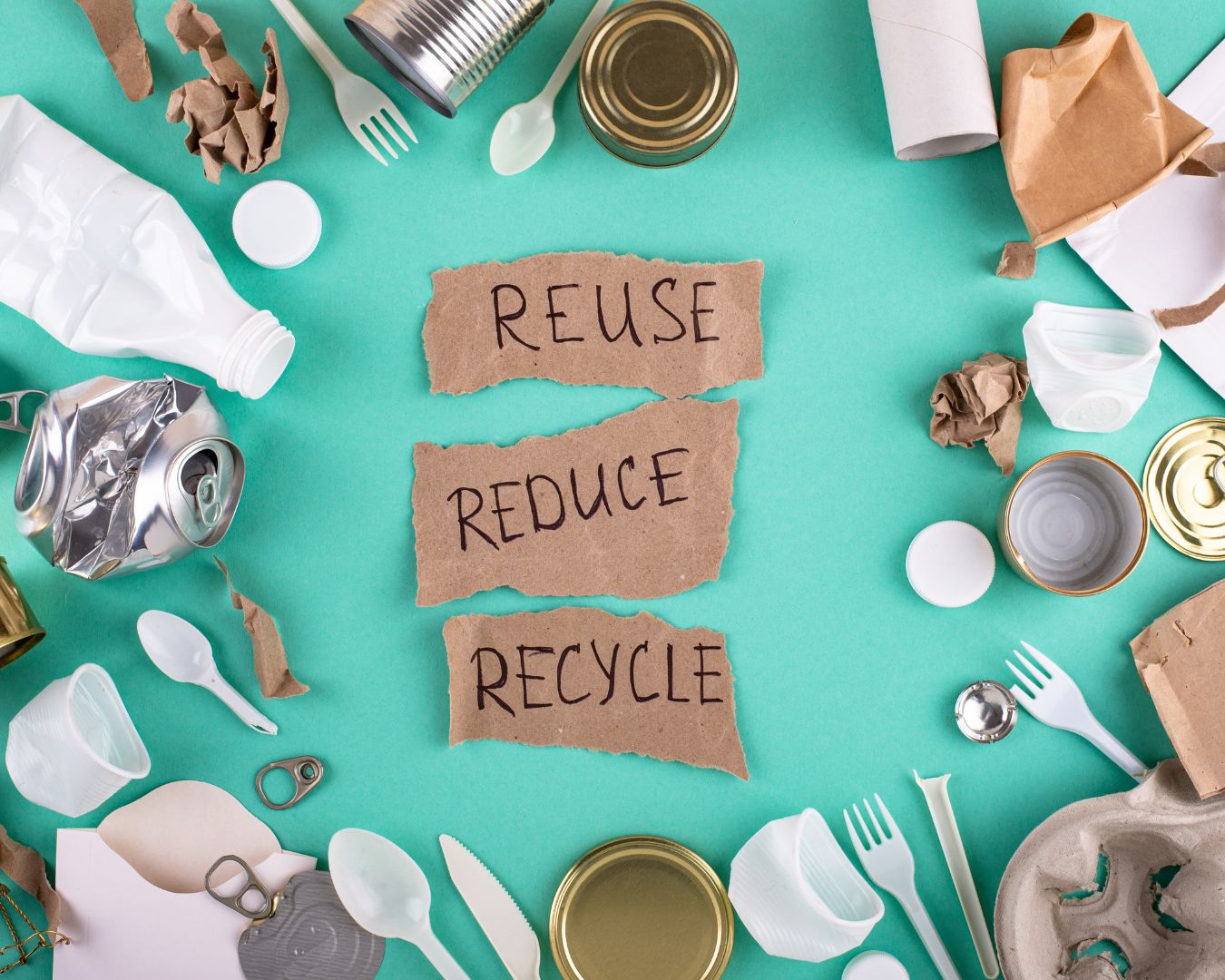Sustainable Kitchen Practices: Reducing Waste and Energy Consumption
Creating a sustainable kitchen is a powerful way to reduce your environmental footprint. By adopting eco-friendly practices, you can minimize waste, conserve energy, and make more environmentally conscious choices. Here are some effective strategies to help you create a greener kitchen. Composting: Turning Waste into Resource What is Composting? Composting is the process of recycling organic waste, such as food scraps and yard trimmings, into a valuable soil amendment. It reduces the amount of waste sent to landfills and provides nutrient-rich compost for your garden. How to Start Composting: Energy-Efficient Appliances Benefits of Energy-Efficient Appliances: Energy-efficient appliances consume less electricity, reducing your energy bills and environmental impact. Look for the ENERGY STAR label when purchasing new appliances. Top Energy-Efficient Appliances: Tips for Using Appliances Efficiently: Reducing Food Waste Plan and Shop Wisely: Proper Storage: Creative Leftovers: Choosing Sustainable Materials for Kitchen Renovations Eco-Friendly Materials: Energy-Efficient Lighting: Sustainable Cleaning Practices Green Cleaning Products: Reduce Single-Use Items: Adopting sustainable kitchen practices is a meaningful way to contribute to a healthier planet. By composting, using energy-efficient appliances, reducing food waste, choosing sustainable materials for renovations, and embracing green cleaning practices, you can create an eco-friendly kitchen that benefits both your household and the environment. Start making small changes today, and watch as they add up to a significant positive impact over time.


